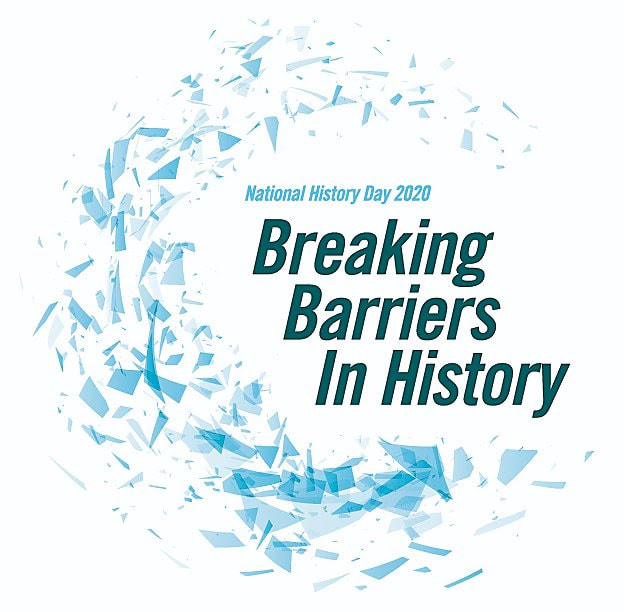Sample history day process paper

Process Paper
PROCESS PAPERS AND ANNOTATED BIBLIOGRAPHIES Your Process Paper and Annotated Bibliography are important parts of the judging process. These are the first thing that judges read, so you don’t want to save this part of your History Day project until the last minute. The written materials include three parts:
- Title of Project
- Student Name(s)
- Age Division and Entry Category
- Number of words in Process Paper Exhibits Only: Number of Student Composed Words in Exhibit
- DO NOT include your grade, school name or teacher name!
- How did you get the idea for this topic?
- Where did you go for your research? What types of sources (newspapers, documents, interviews, etc.) did you use?
- How has your understanding of this topic changed as you have worked on your research?
- How did you put your presentation together? What skills did you learn?
- How does your topic relate to the theme “Exploration, Encounter, Exchange in History” Why is this topic important in history?
- Separate into primary and secondary sources and alphabetize.
- Use MLA or Turabian guide for your citations.
- Use a two-sentence annotation format:
- What is this source?
- How was it useful to your project?
- REMEMBER: All materials must be printed on plain white paper and stapled in the upper left-hand corner. NO COVERS! NO ARTWORK OR SPECIAL PAPERS! Bring at least four copies of your process paper when you are judged.
Sample Process Papers
How the U.S. Dollar Rebuilt the World Junior Individual Exhibit
Student Rudy Moise
https://www.nhd.org/sites/default/files/MoiseProcessPaper.pdf
First Place, Junior Group Performance 2013
Students: Hazel Homer-Wambeam & Jackson Higgins
Process Paper | Bibliography
The Connecticut Effect: The Hartford Circus Fire Changes a Nation 2013
Second Place, Junior Group Exhibit
Students: Claire Langdon, Emma Langdon & Madeline Langdon
Process Paper | Bibliography
Your browser does not support viewing this document. Click here to download the document.
Oberlin – Wellington Rescue: A time when “black men had no rights which white men Were bound to respect” National Finalists Individual exhibit 2014


